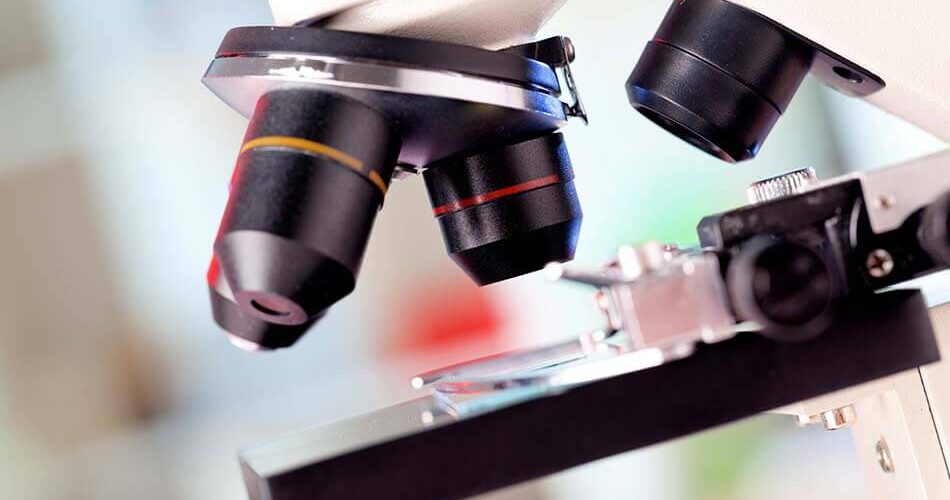
An oral exam is routinely performed by the dentist during the course of an initial comprehensive exam and regular check-ups. Part of an oral exam refers to the identification and management of diseases pertaining to the maxillofacial and oral regions.
The soft tissues of the mouth are normally lined with mucosa, which is special type of skin that should appear smooth in texture and pink in color. Any alteration of the color or texture of the mucosa may signal the beginning of a pathologic process. These changes may occur on the face, neck, and areas of the mouth (e.g., gums, tongue, lips, etc.). The most serious of these pathologic changes is oral cancer, but there are also many other common pathologic problems which are benign and may or may not need treatment.
Treatment of Pathological Diseases
In the majority of cases, the pathological occurrences experienced in the oral region are not painful, disfiguring, or life threatening. However, oral cancer is on the rise (especially among men) and the chances of survival are around 80% if an immediate diagnosis is made.
Oral cancer is a general term used when referring to any type of cancer affecting the tongue, jaw, and lower cheek area. Since it is impossible for the dentist to decisively diagnose a pathological disease without taking a biopsy sample of the affected area, seeking immediate treatment when changes are first noticed might be a life saving decision. For less serious problems, there are several options available, such as:
- Antibiotics – In the case of a bacterial infection or persistent soreness, the dentist may prescribe a dose of antibiotics to return the mucosa to its natural state. This will alleviate soreness and discomfort.
- Oral Rinses – The surgeon may prescribe medicated oral rinses to alleviate some reactive processes or symptoms.
- Oral Surgery – If the patient has cysts or abnormal non-cancerous growths, The oral surgeon may recommend their removal. This can improve comfort levels, restore normal function of the oral structures, and likely prevent bigger problems from occurring later, alleviate breathing problems, and make speech substantially easier depending on the location of the cyst.
Oral Examinations
During the initial consult, the oral surgeon will thoroughly inspect the soft tissue of the mouth and take serious note of any changes. If there are changes present, the oral surgeon may recommend a biopsy of the affected area and send it away to be analyzed by an oral pathologist. When definitive results are obtained, the oral surgeon can discuss the best course of treatment with the patient.
Oral Cancer Screenings
An oral cancer screening is usually performed during annual check-ups by the general dentist. Screening is painless and only takes a few minutes. The dentist or hygienist will often use a special light to assess the soft tissue for cell changes that may indicate precancerous or cancerous conditions. A positive light test does not necessarily mean cancer, it could also be inflammation, but it definitely warrants further evaluation. The dentist will refer the patient to the oral surgeon, who will biopsy the area. If the biopsy indicates precancer cells or cancer cells, recommendations for treatment will be given.
If you are experiencing any pain or symptoms that cause you concern, we encourage you to contact us today to schedule an appointment.
Have a question you need answered?
Our Dental Surgeons & Implant Centers experts are standing by and ready to help!
Accepted Insurances
Our practice accepts most major dental insurance company benefits and we are preferred providers for Delta Dental and MetLife.
For more accepted insurance information click here:



